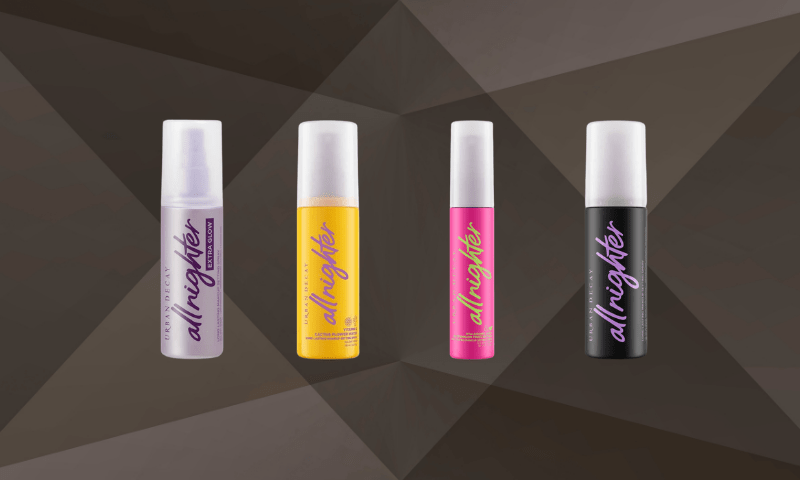Hello, aloe: 6 reasons this potted plant is a must-have in your garden
A number of cosmetics, especially skin care products, claim to contain aloe vera as an ingredient.
It may have gained importance lately but it is not a new invention and has been in use for hundreds of years. In fact, it is said that the Egyptian beauty queen, Cleopatra, is believed to have used aloe vera cream in her beauty regimen for promoting health and physical well being; ancient Egyptians used Aloe vera for curing infections, dermatological disorders and as a laxative and Hippocrates — the father of medicine — too used the plant for its multiple medicinal benefits.
Close to home, ancient Ayurvedas of India used aloe vera among other things as a laxative, and to treat eczema or psoriasis, while in the Arabian medicine, fresh aloe vera gel is rubbed on the forehead to get rid of headache or rubbed on the body of a patient to cool it in case of fevers.
Aloe vera contains is high in vitamins and minerals; it contains vitamins A, C, E, B1, B2, B3 and B12; proteins, lipids, amino acids, folic acid and minerals such as calcium, magnesium, zinc, chromium, selenium, sodium, iron, potassium, copper and manganese, which are known to keep our health in good condition, and their deficiency gives rise to various ailments. The presence of these compounds makes it an important ingredient in cosmetics and traditional medicines.
Aloe vera produces two substances, gel and latex, which are used for medicine. Aloe is clear, jellylike substance found in the inner part of the aloe plant leaf, while the latex comes from just under the plant’s skin and is yellow in colour.
Detoxification: The consumption of aloe, which is a gelatinous plant food, helps absorb toxins while passing through the intestinal tract and eliminate through the colon. This helps proper elimination of waste from your body and helps in detoxification.
Skin care: Aloe is known to heal wounds and is great for applying topically to burns, abrasions, eczema, psoriasis and bug bites. It acts as an analgesic, acting to help relieve pain of wounds. Due to its high water content aloe is good for hydration, moisturising and rejuvenation of skin. As an astringent, it causes the contraction of body tissues typically used to reduce bleeding from minor abrasions. Topical application of aloe to the burn area reduces pain and heals burns quickly.
Reduce inflammation: Certain substances in aloe help to slow down or inhibit inflammation; applying gel externally can ease muscle and painful joints due to stiffness and help improve joint flexibility. But the secret lies in using freshly prepared gel.
Helps digestion: Aloe is known to soothe and cleanse the digestive tract and helps improve digestion. An interesting thing is that it helps with both constipation and diarrhoea; that is because it helps to regulate the elimination cycle. It is good for people with irritable bowel syndrome as well as acid reflux.
Weight loss: Aloe vera juice is an easy and natural weight loss solution; it reduces weight by stabilising the metabolic rate and helping burn fat.
Hair care: If your hair is dry, brittle and damaged, have split ends and dandruff then regular use of aloe vera is the answer to your problem; it will make your hair smooth, soft and damage free.
Precaution and warning: Despite having so many benefits aloe should be used with caution, especially if used in the long-term as this can lead to loss of electrolytes, especially potassium. Also its use should be avoided during pregnancy, menstruation, if you have haemorrhoids or degeneration of the liver and gall bladder.
Published in Dawn, Sunday Magazine, November 1st, 2015
On a mobile phone? Get the Dawn Mobile App: Apple Store | Google Play











Comments